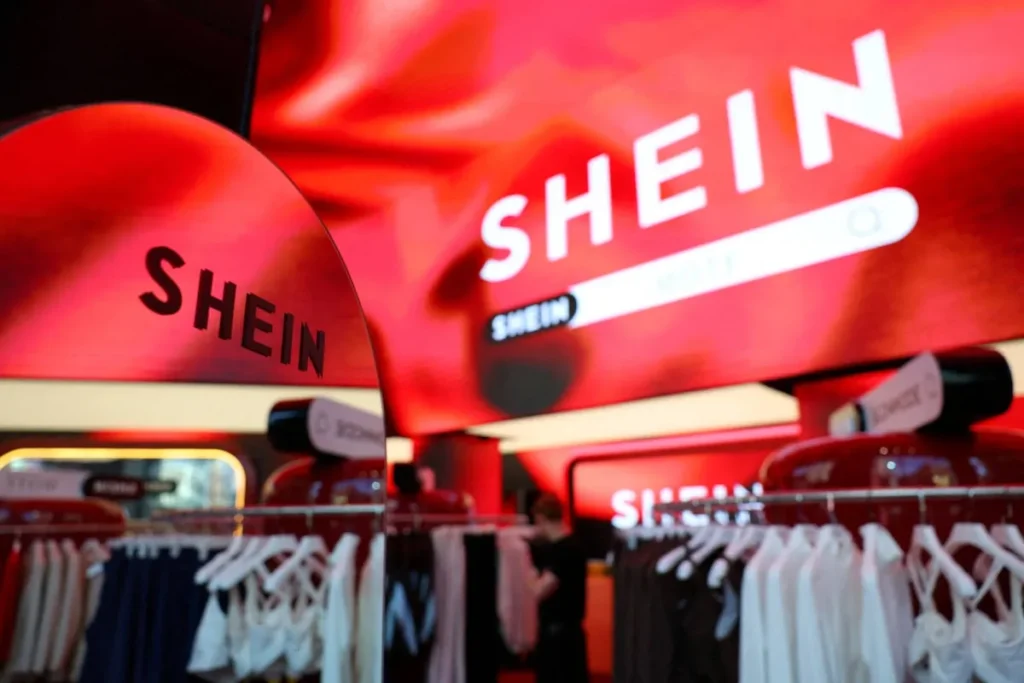Chinese fast-fashion giant Shein is set to open its first permanent physical stores in France this November, marking a significant pivot from its online-only roots. The move underscores Shein’s broader push to expand across Europe and gain a foothold in one of the world’s most influential fashion markets.
Backlash From French Fashion Industry
The announcement has ignited strong opposition from French retailers, regulators, and fashion advocates. Critics argue that Shein’s ultra-low-cost model undermines local designers and artisans by prioritizing mass production over craftsmanship and sustainability.
“Shein’s arrival in brick-and-mortar retail threatens the cultural and economic fabric of French fashion,” said one industry representative. “Local designers simply cannot compete with such aggressive pricing.”
Regulatory Scrutiny
France has already begun tightening oversight of fast-fashion companies, with lawmakers proposing stricter sustainability and accountability standards. Regulators continue to question Shein’s environmental footprint, labor practices, and supply chain transparency, all of which remain under scrutiny as the company expands its European presence.
Gen Z Appeal
Despite the criticism, Shein enjoys widespread popularity among Gen Z shoppers, who are drawn to its affordability and fast-moving trend cycles. Analysts say physical stores could boost brand visibility and deepen Shein’s connection with European consumers—but may also amplify the company’s exposure to public and regulatory pushback.
A Clash of Fashion Values
The opening of Shein’s French stores highlights the broader tension between fast fashion’s global dominance and Europe’s efforts to protect local industries and promote sustainable practices. How Shein navigates this balance in France could set the tone for its wider European retail strategy.

